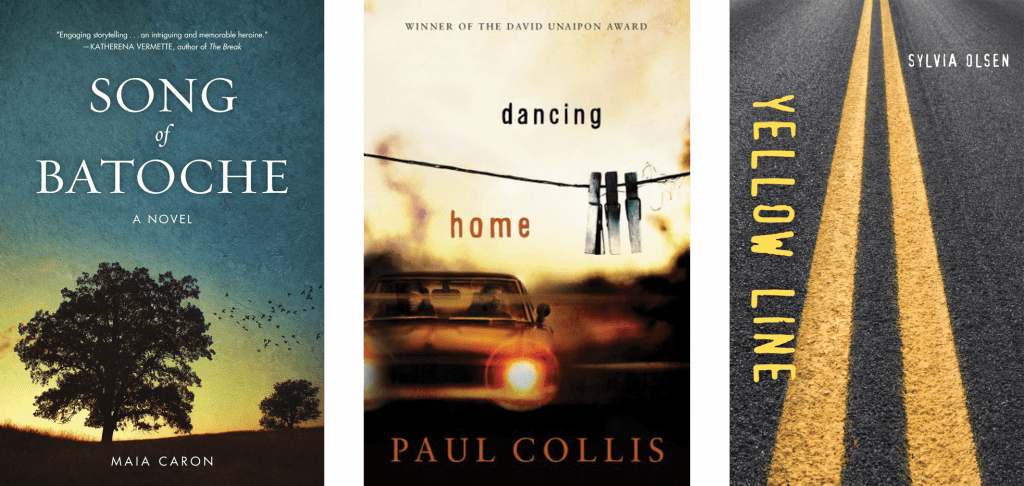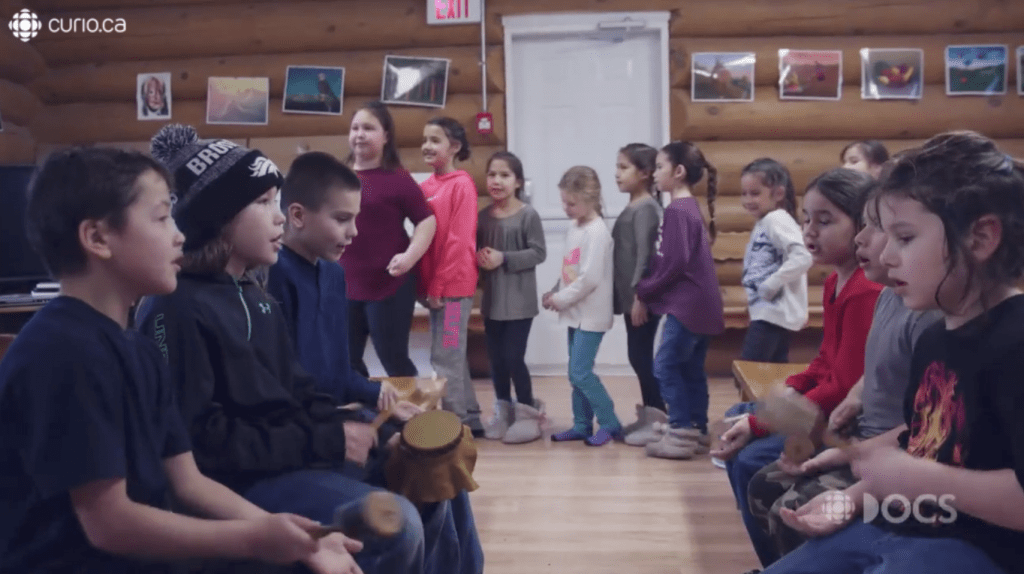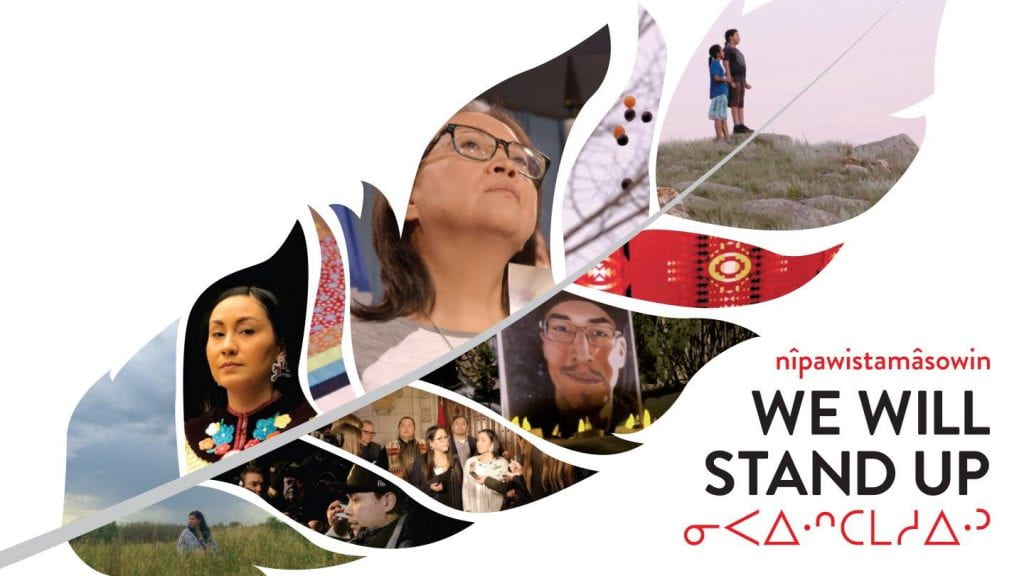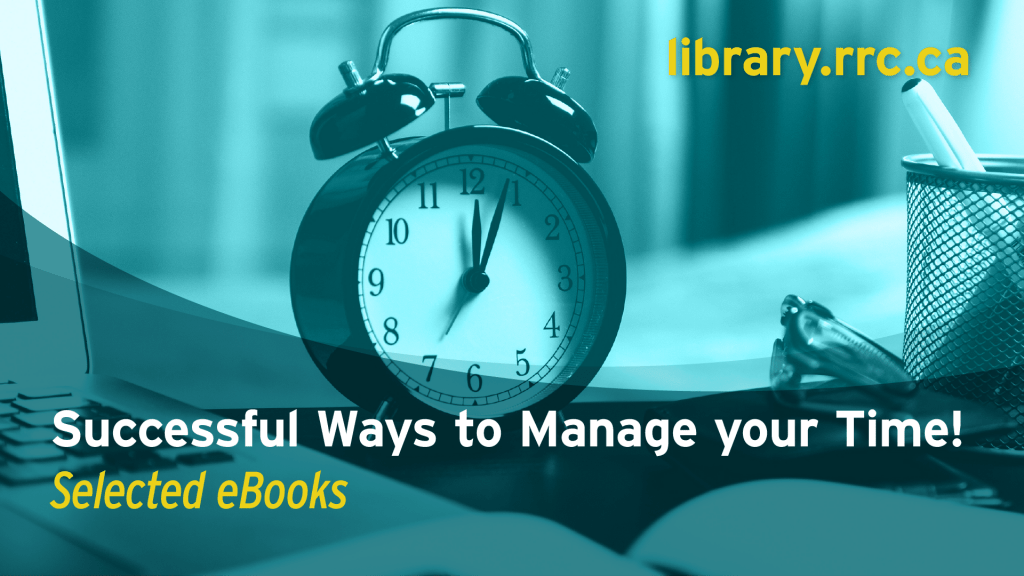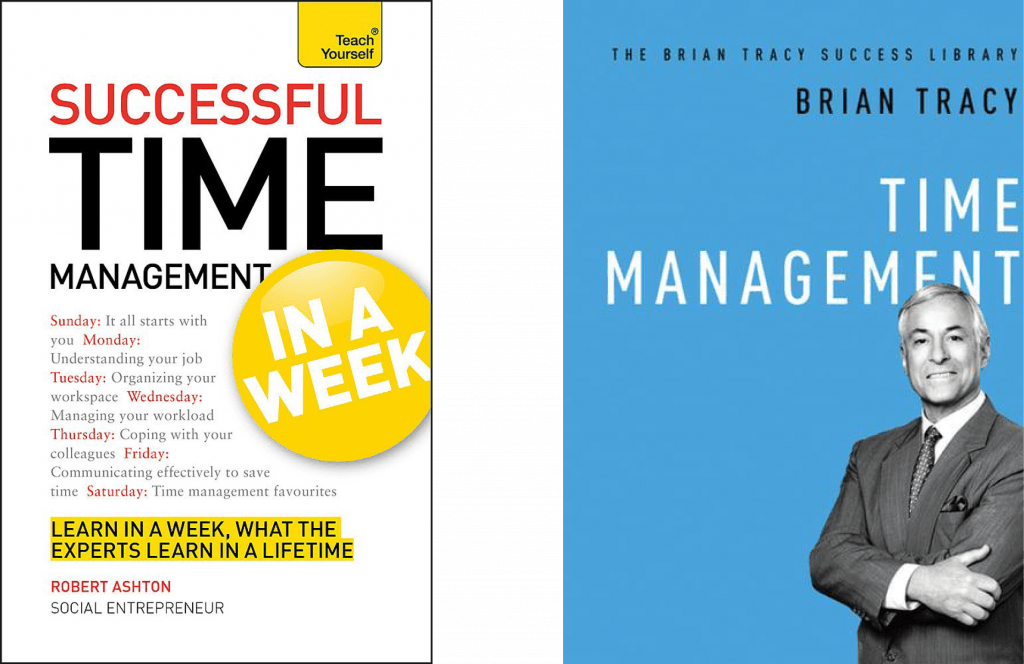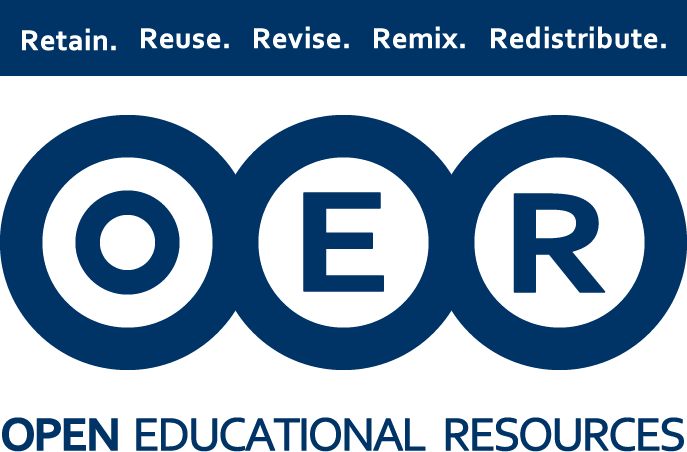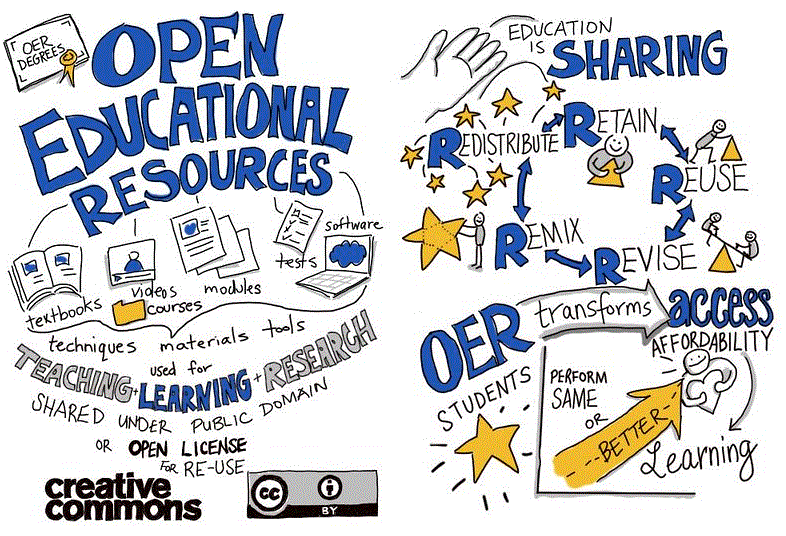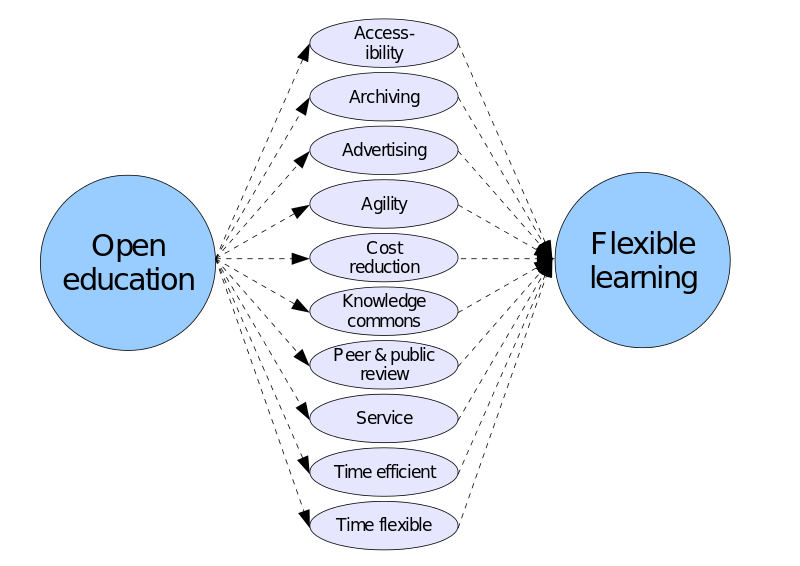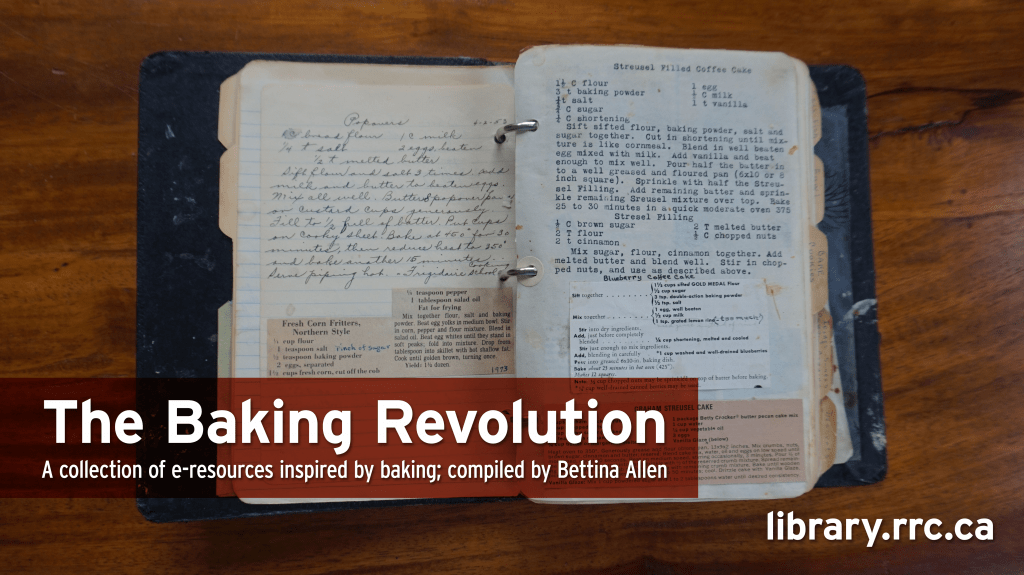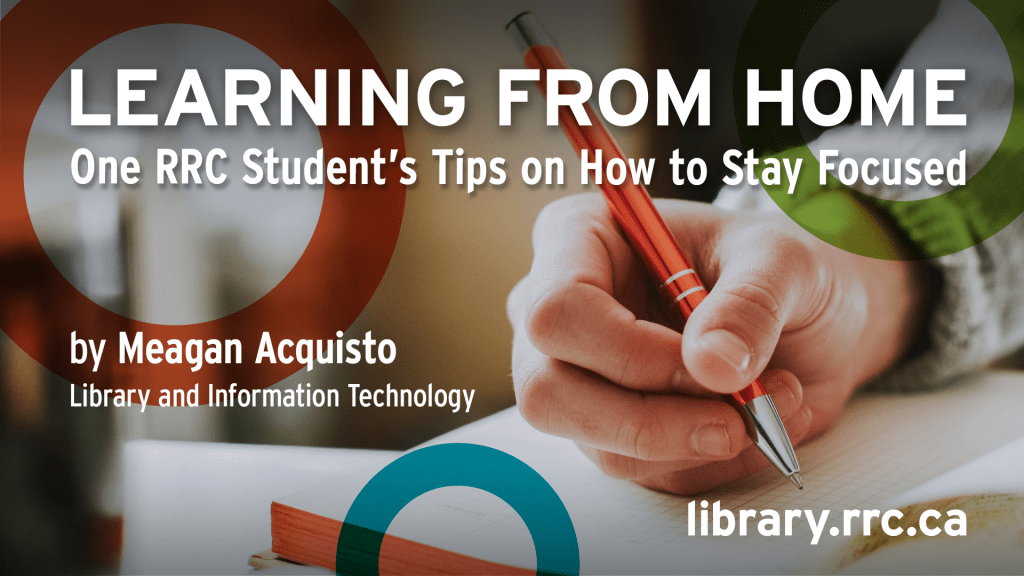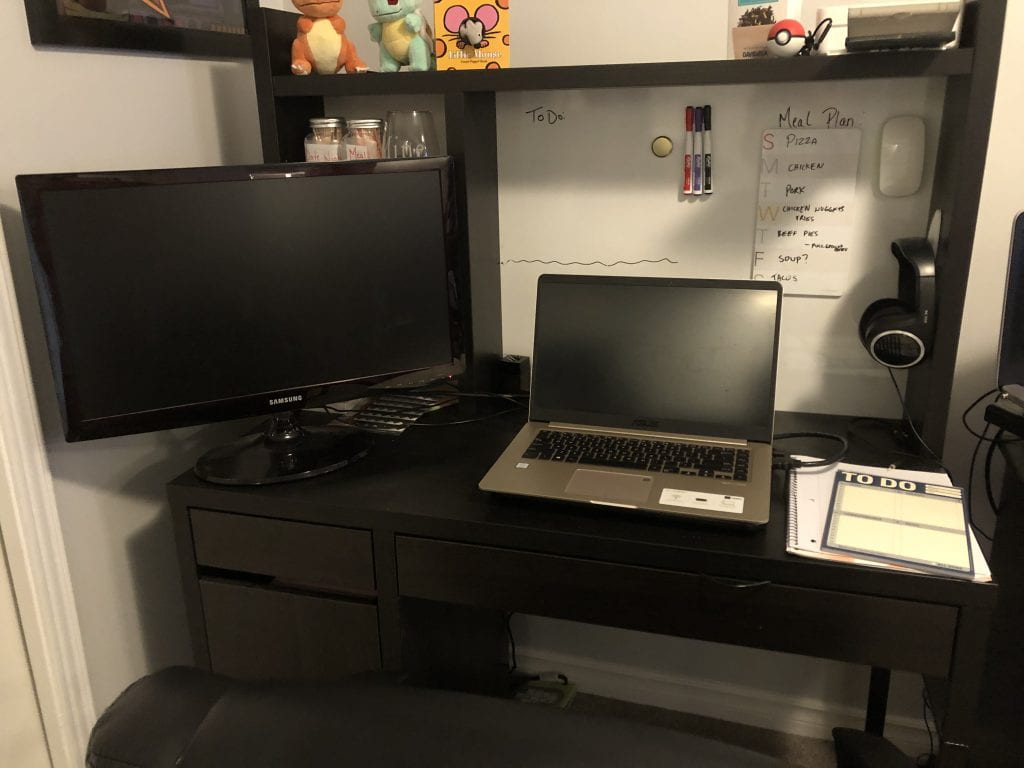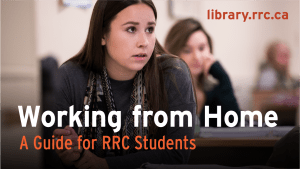What to Expect at RRC Library This Fall
Things Look Different On Campus, But Our Commitment Will Never Change
Myself and all the staff at the library are looking forward to finding creative ways to ensure we meet your information and study needs. (Alan Chorney, Manager, Information and Program Delivery)
NDC Library at the Notre Dame Campus has officially re-opened in a limited capacity. While we look forward to offering in-person service once again, we encourage our patrons to continue to take advantage of our online service desk, which is available during regular Library hours by clicking the Ask Us bubble at library.rrc.ca. Due to restrictions related to COVID-19, the physical Library is currently limited to 30 patrons at any given time.
Services and Spaces Available
The following spaces and services are currently available at the NDC Library:
- Individual study spaces
- One printer/photocopier
- Three computer stations
- Limited physically-distanced group study space
- Borrowing of Library materials
- Limited one-on-one tutoring
- Reference services
What is Different?
We have spread things out to accommodate physical distancing. Masks are mandatory on campus, including in the Library spaces. You may still eat and drink in the Library but are expected to clean surfaces with the provided supplies before and after. All students are expected to have read the Before You Enter Campus Information on the College’s website before arrival.
Signage has been put up throughout the Library to help you know which spaces can and can’t be used. We have a variety of choices available, marked by signs that indicate “Individual Study Space” or “Group Study Space.” Three computers are open in addition to one printer/photocopier nearby. You will be asked to line up for service, and physical distancing is in effect throughout the Library. Signing in and out when you enter and exit is also a new requirement.
These images show how spaces at the NDC Library are looking these days:
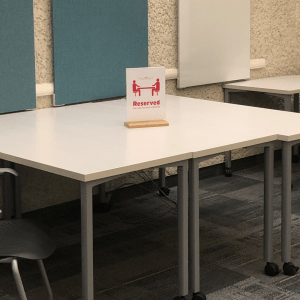
Reserved for one-on-one tutoring
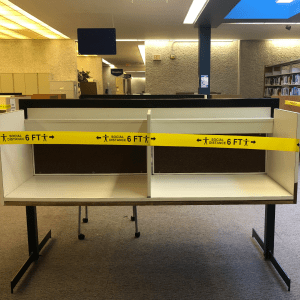
Taped off area in carrels

Individual study space by a window
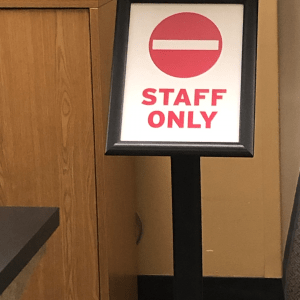
Sign indicating a staff only area
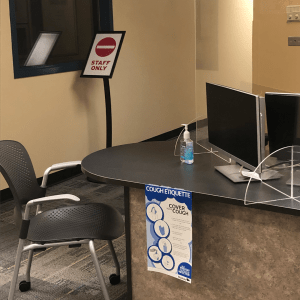
Service desk with plexiglass shields in place
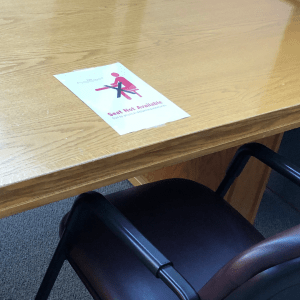
Signage indicating seat is unavailable
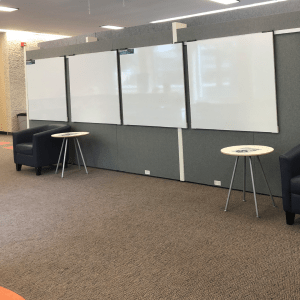
Lounge chairs for individual study
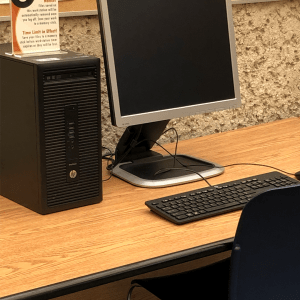
One of three computers available for use
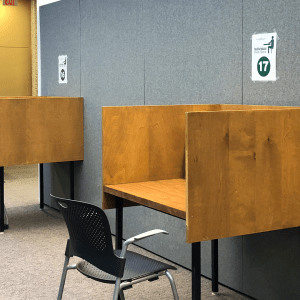
Carrels for individual study
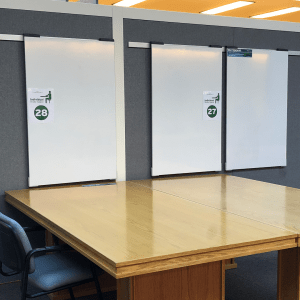
Large tables with whiteboards nearby
What Will Never Change
This new academic year finds us in quite a different world, however, our commitment to providing you with the supports and services you need to succeed at RRC remains unchanged; in fact, it has grown stronger. We have expanded our online services, which means we are able to meet you where and when you need us. Indeed, Library Services offers the same supports as always, just in different ways. As we venture forth together, we wish the College community of students and staff an insightful year of learning and discovery.
More information > COVID-19 FAQ page
Have a question? > Click on the Ask Us bubble at library.rrc.ca
Written by Linda Fox–Library Technician, Program Support and Promotion

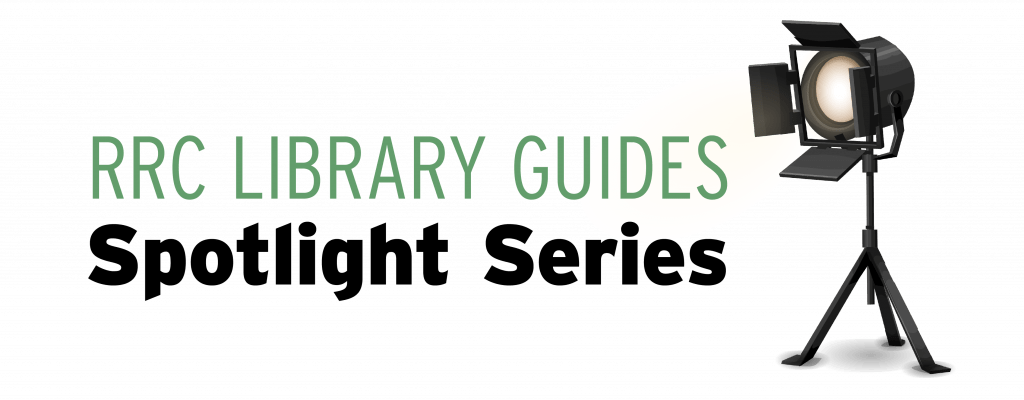
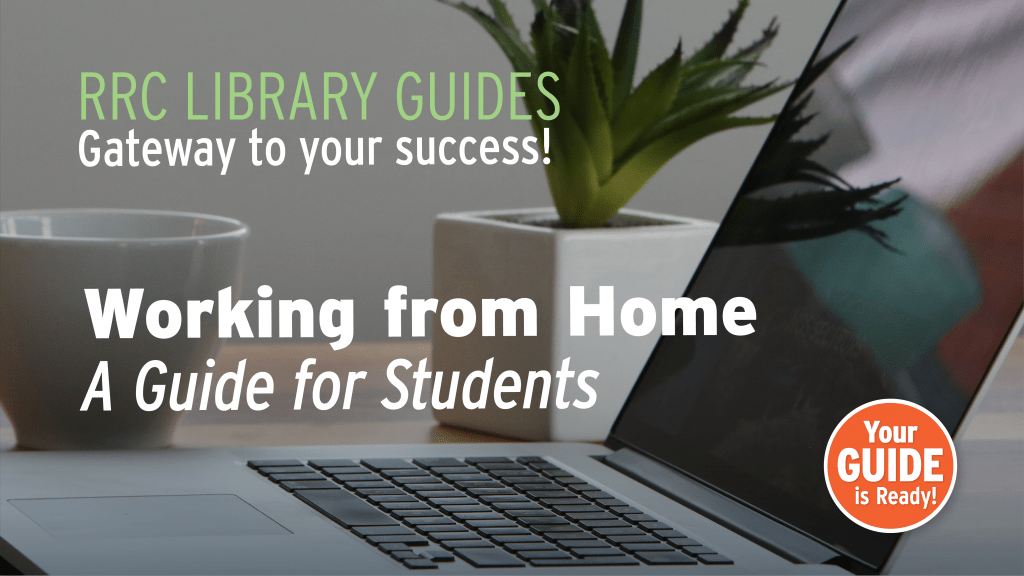
 Have a question?
Have a question?















